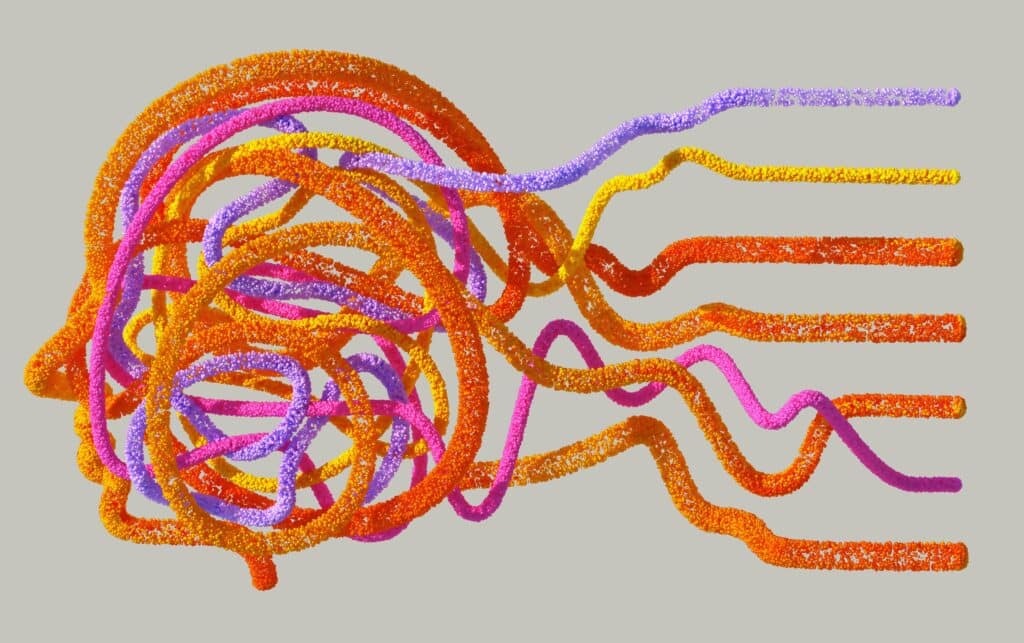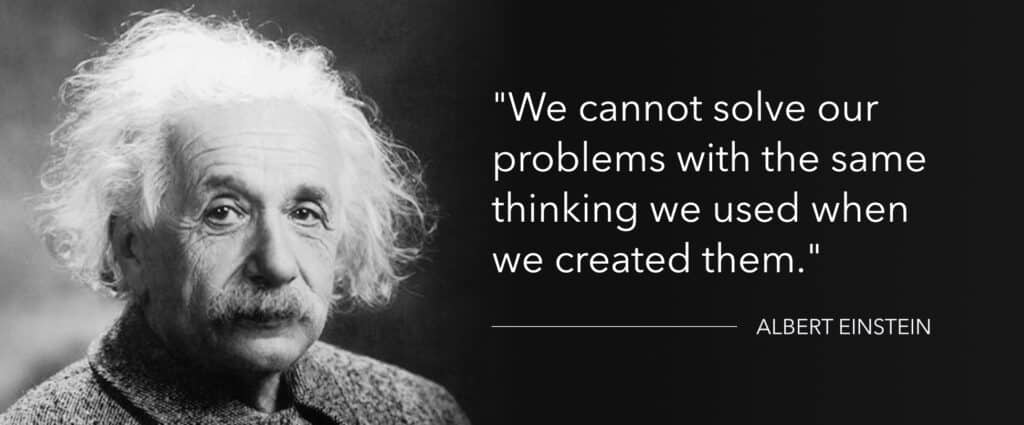February 15, 2024
“Backwards Thinking” – A Reverse Engineering Approach to Effective Problem Solving

In this edge-of-your-seat age of technological advancements and artificial intelligence, creative thinking and effective problem-solving strategies are rapidly becoming the lifeblood of successful businesses. Alongside other forward-thinking techniques, an exciting strategy is making its mark: working backwards from success, not forwards from the problem. I have personally worked with many top leaders and CEOs and see that they find great value in this approach, as it’s a method designed to help envision success in a way that makes the path to achieving it more clear and straightforward.
Rewinding to Move Forward
This technique is anchored in one simple principle: start at the end. Ask yourself, ‘what does success look like?’. For this particular problem, what is the end goal? And what does the very last step towards that achievement look like? Instead of sequentially mapping out steps from where you are now to where you want to be, flip the script and work backwards.
Following on from the last step, what needs to happen just before that? And before that too? By decomposing the pathway to success from end to beginning, you ultimately arrive at where you presently are. Now, you can move forward with the answers you’ve sifted out during the reverse journey.
The Magic of Reverse Engineering
This method mirrors the process of reverse engineering. You begin with a fully functioning product – the ‘end’ – and deconstruct it into its component parts, illuminating the crucial steps and operations required to recreate it from scratch. Navigating your journey to success in such a way unveils a subsequent set of steps; steps already proven successful.
The Science Behind Reverse Thinking

Before we delve into the “how”, let’s consider the intriguing “why”. Why does thinking backward yield productive results? The answer lies in our brain’s wiring. Our brains are naturally programmed to think forwards and linearly – from problem to solution. However, this can often limit our solutions to predictable, incremental improvements rather than revolutionary ideas. The beauty of reverse thinking is that it interrupts these-default patterns, forcing our brain to operate outside its comfort zone.
Thinking backwards, also known as retrograde reasoning, can improve our ability to make decisions, recall memories, and solve problems, according to cognitive science research. When we challenge our brain to think tasks through in reverse, we tap into different neurological pathways and open up the potential for unique solutions and creative insights.
The Power of Working Backwards
The principal logic behind thinking backward is quite simple: instead of starting at the beginning and moving forward, you start at the end and work your way back to the beginning.
This method mirrors the process of reverse engineering. If you have a completed, successful outcome – the ‘end’ – and deconstruct it backward to its core, you unveil the significant steps required to recreate it anew.
Albert Einstein, one of the greatest scientific minds in history, once said, “We cannot solve our problems with the same thinking we used when we created them.” Reverse thinking disrupts the normal problem-solving patterns we are used to, prompting us to approach problems from fresh angles and potentially creating entirely new paradigms of thought.

A Step-by-Step Guide to Thinking Backwards
- Define Success: Start by asking, ‘What will success look like?’ or ‘What does the completed project look like?’ Defining this end state is pivotal for orientating your reverse journey.
- Identify The Last Step: Now, ask, ‘What will be the last step in accomplishing this goal?’ This might require a bit of broad thinking and brainstorming since it’s a non-linear process.
- Retrace The Steps To Now: Once the last step is identified, work backward. What will need to happen just before that step? And before that? Continue the reverse pathway until you arrive at where you currently are.
- Move Forward with Your Reverse Path: Once you have this sequence, you have your roadmap. You now have an insight-full set of steps leading you from where you are to where you want to be.
This thinking approach can often lead to clever insights and aha moments by simply shifting your frame of reference. It is almost as if you’re tracing the meta-blueprint of your goal. By glimpsing the future – the end goal – you’re enabling yourself to better plot the course from here to there. You are effectively using focused daydreaming, to power up imaginative thinking. Find out more about the power of ‘Focused Daydreaming’ in my book ‘The Focus Fix.’
In today’s fast-paced, AI-driven world, creativity is increasingly the distinguishing factor between businesses that thrive and those that fall behind. Adopting innovative problem-solving methods like this reverse engineering approach allows business leaders to stay nimble and imaginative. It’s about trading in the old linear, forward-thinking habits and embracing a different, possibly counterintuitive, but highly effective backward design approach. This approach helps to focus on the end goal, pushes you to think of creative and non-linear routes, and ultimately facilitates a clear pathway to positive and successful outcomes. So, the next time you’re tasked with forging a path to a significant goal, try going backwards to move forwards. You’ll be surprised where the journey takes you!
